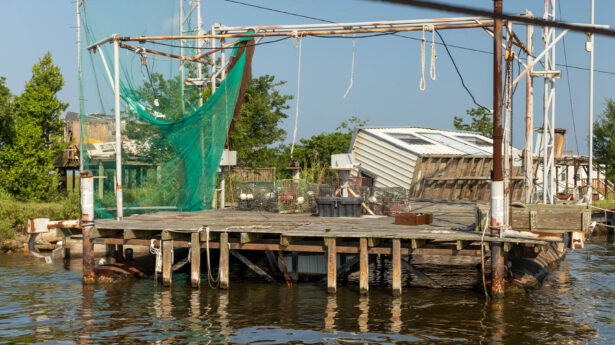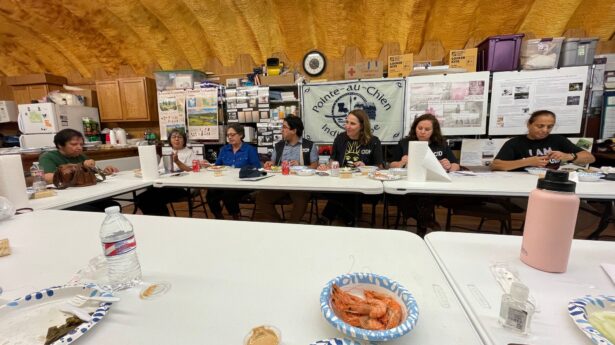The Unitarian Universalist Service Committee advances human rights through grassroots collaborations.
Indigenous Lives and The Climate Crisis: A Photo Essay Series (Part 3)
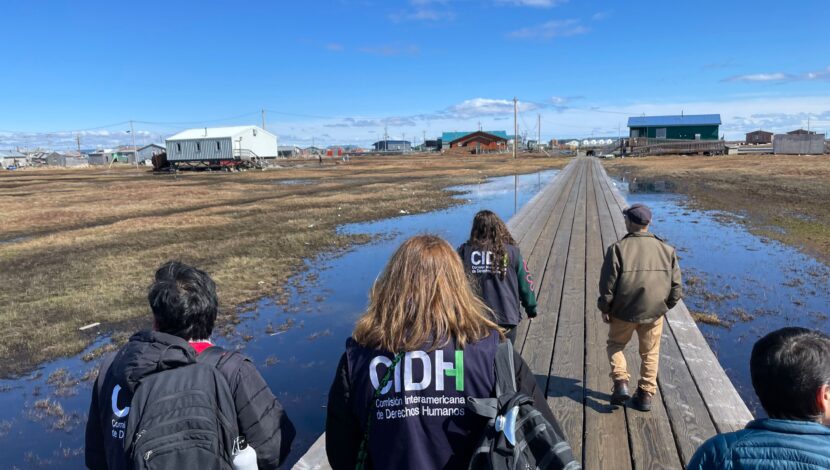
By Mike Givens on July 14, 2023
In Part One of this series, we developed an understanding of the Organization of American States, the Inter-American Commission on Human Rights (IACHR), and the Special Rapporteur for Economic, Social, and Cultural Rights (REDESCA). In Part Two of this series, we understood what the Special Rapporteur experienced on her visit to Louisiana.
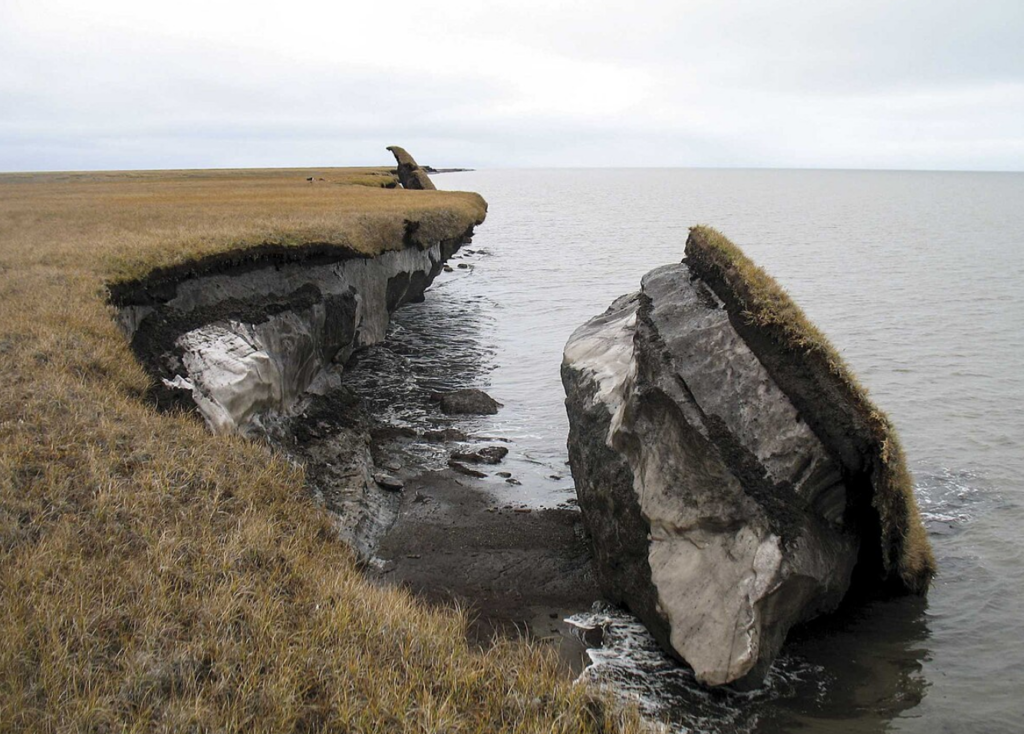
Thinning sea ice, increased wildfires, and melting permafrost are just a few climate change impacts the people of Alaska must contend with.
The state of Alaska is in fact warming at twice the rate of the global average and with that warming comes a series of devastating realties for Indigenous communities living in some of the state’s most remote regions:
- More fish are dying off and leaving many without a reliable food source or economic livelihood;
- Severe wildfires threaten human and animal lives (it’s projected that by 2050, the amount of burned areas in Alaska will jump from 24 to 169%!);
- Changes in the accumulation of snow can impact the availability of water for drinking, irrigation, and hydropower projects; and
- An increase in greenhouse gasses in the atmosphere from melting permafrost, which will only raise global temperatures and restart the cycle of permafrost melt.
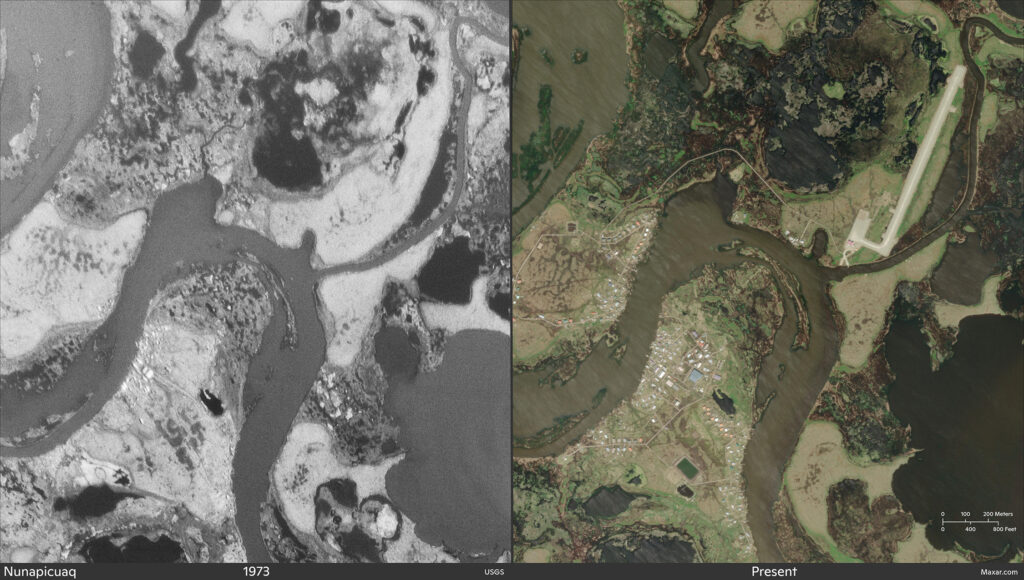
Many Alaska Native communities have occupied low-lying coastal areas that are particularly vulnerable to the impacts of climate change, from severe flooding and storms and poor water quality to loss of access to traditional sources of food. For example, in Nunapitchuk, Alaska has seen a startling increase in land sinking into the water. As this happens, the community becomes increasingly uninhabitable.
The Special Rapporteur visited several communities in remote Alaska to learn first-hand about the impacts of climate change. The Special Rapporteur learned that:
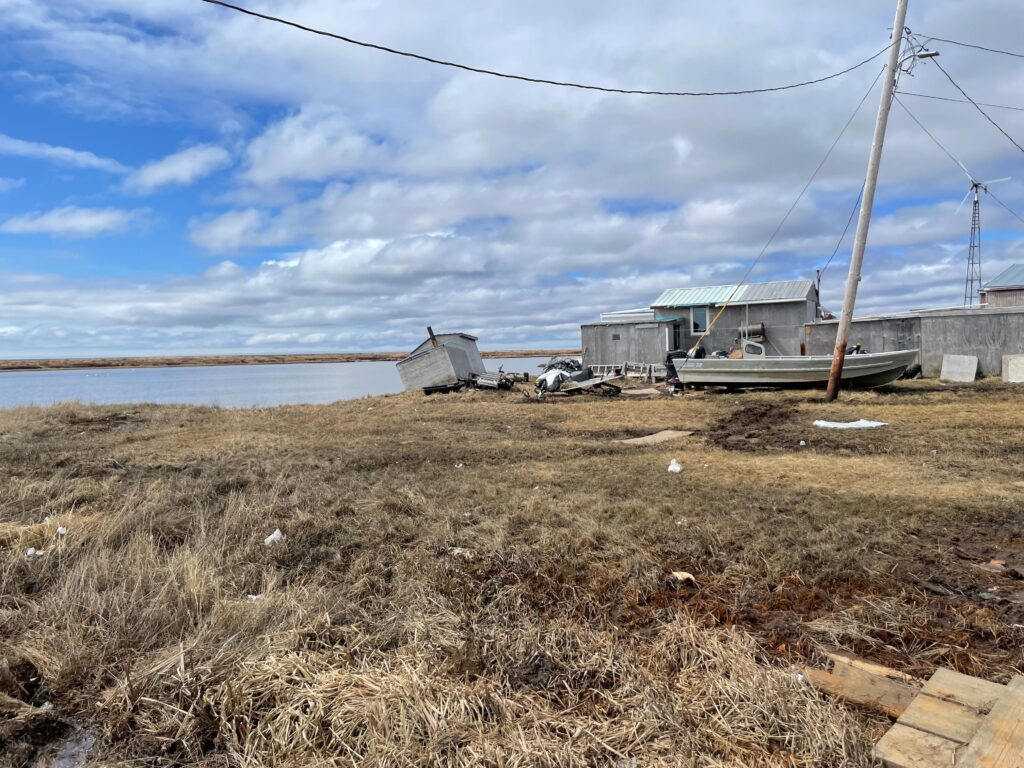
- Many of these communities are being forced to relocate from areas they have occupied for generations;
- Places like Newtok, AK have had so much land eroded that much of what is left is very muddy and unstable, which causes houses and infrastructure to topple over;
- Kivalina, AK has experienced violent storms, flooding, the loss of sea ice, soil erosion, and melting permafrost, all of which have diminished the number of fish in the nearby Wulik River, reduced the number of vegetables and berries on the island, and dramatically decreased residents’ ability to hunt sea mammals
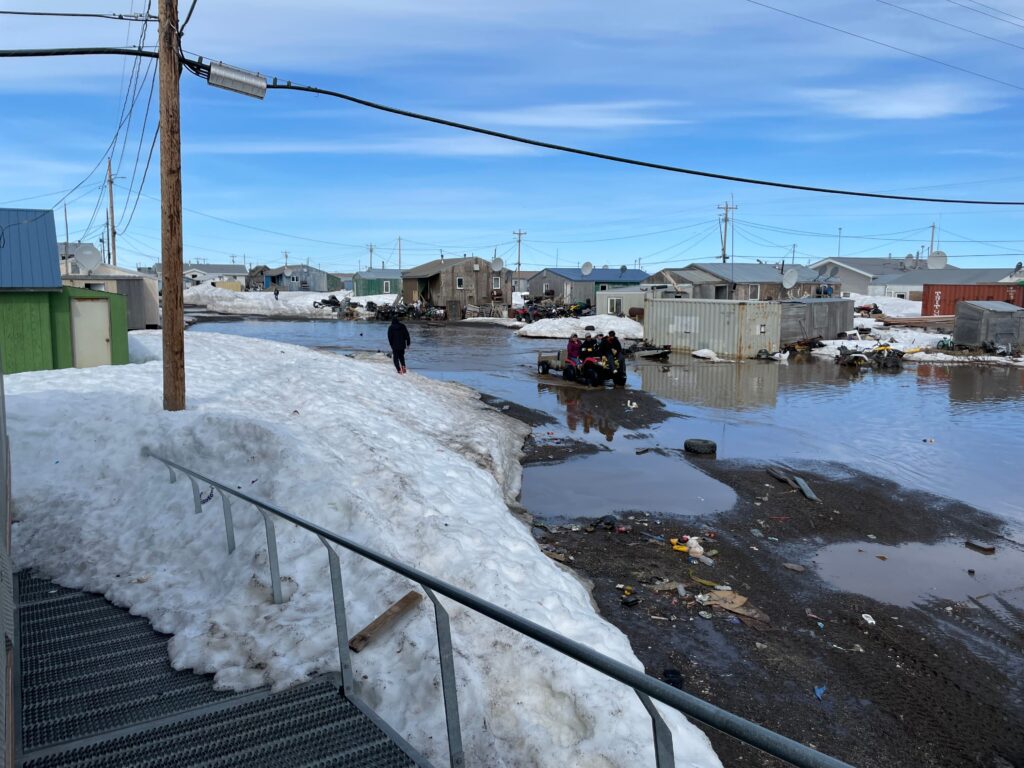
As these communities live at the forefront of the climate crisis, their economic livelihoods live under constant threat as hunting and fishing become difficult; their cultures are threatened as they are forced to relocate, often separating families that have been in relationship with each other for generations.
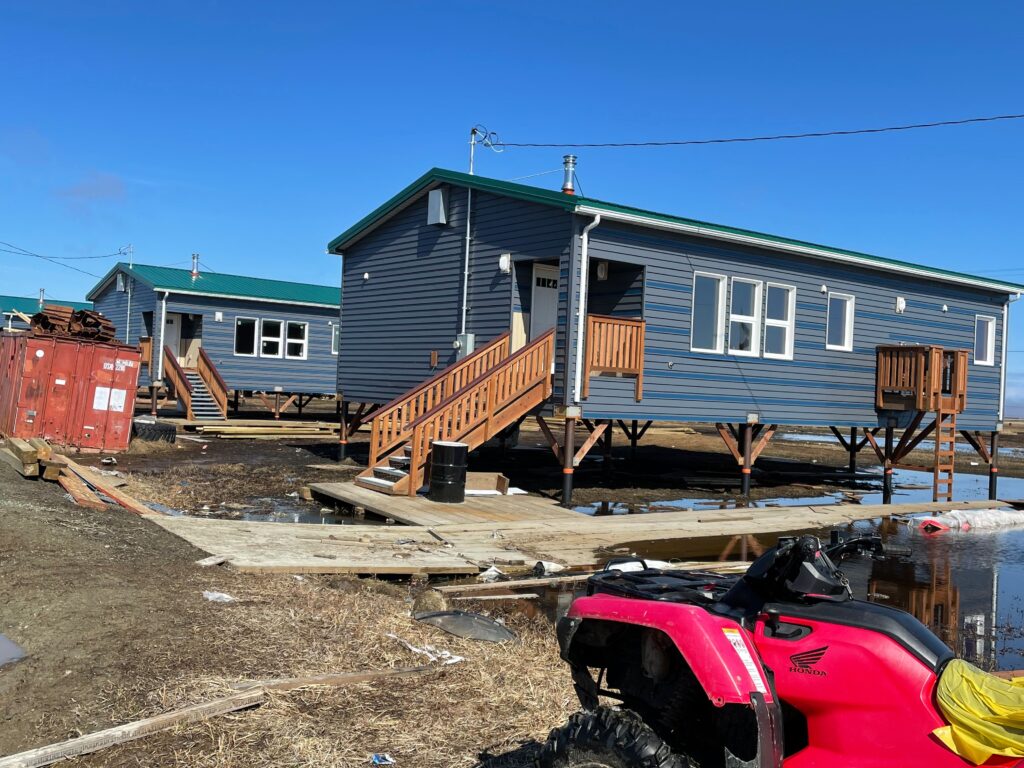
Houses shift and sometimes topple over, access to clean water becomes threatened, and animals migrate away from lands they traditionally inhabited, all causing a significant disruption to the ecosystem. As sea levels rise, houses increasingly have to be lifted up on stilts to prevent flooding.
These communities face their own barriers in the form of exacerbating climate change impacts, indifferent state and federal officials, and worrying concerns over how, where, when to adapt or relocate—and how to finance these activities.
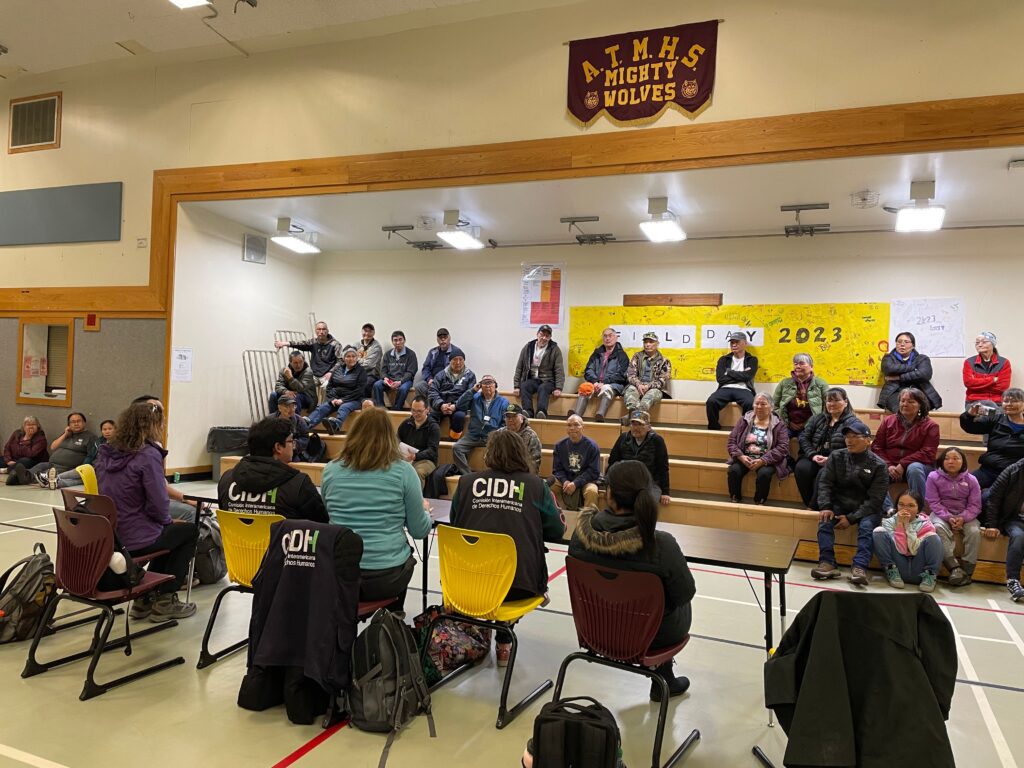
The Special Rapporteur took all of this in and heard heartfelt stories of displacement, loss, and concerns for future generations from dozens of people in fear for their ancestral homes. UUSC will continue its work with Alaska Indigenous communities to not only shine a light on the climate crisis, but the accompanying injustice that befalls Indigenous communities fighting for the right to exist.
On July 24, the Special Rapporteur will hold an event in Washington, D.C. to announce its findings and make solid recommendations for the state and federal governments to better support coastal communities in Louisiana and Alaska. Stay tuned for a detailed analysis of the recommendations and the next steps for these Indigenous communities.
Image Credit: UUSC
